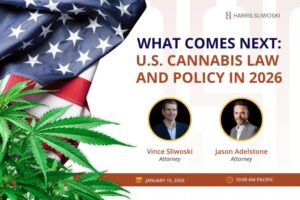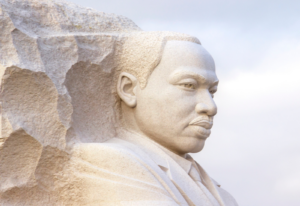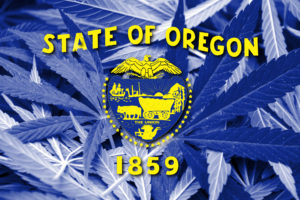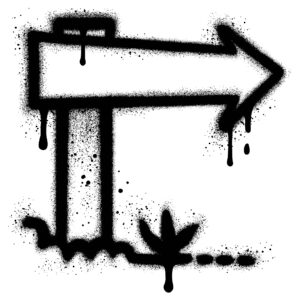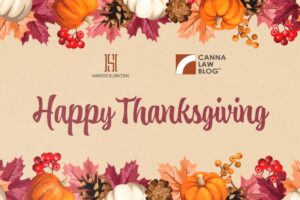Last week, I wrote a round-up post on Oregon cannabis. This week, I thought I’d drop a line on the federal happenings. Which are quite a few.
The Nixon tapes
This was a fun piece of news, unearthed by Minnesota cannabis lobbyist Kurtis Hanna. Ernesto Londoño then broke the story on September 14th for the New York Times, which you can read here. In short, Nixon conceded that marijuana “is not particularly dangerous,” despite calling the plant “public enemy No. 1” only two years prior. And he opined that punishments ought not be so serious for possession of the plant.
I say this news is “fun” because it’s more interesting than surprising and I doubt it will have much impact. Nixon was a mean old liar, and one with an animus toward certain groups of people. I also don’t think this revelation will persuade the vocal, diminishing minority of prohibitionists to change their minds. I like it anyway, especially as cannabis history nerd. We were right!
DEA embraces two-step review for marijuana rescheduling
This one is important, in my opinion. It relates to the method of analysis DEA must undertake when determining whether a drug, including marijuana (and psilocybin, and any other verboten substance), has a “currently accepted medical use.” In April, the Department of Justice’s Office of Legal Counsel (OLC) put DEA in a box on this one, explaining that the old, five-part test was “impermissibly narrow.” OLC thus endorsed the two-part test. On September 17th, DEA assented to the test for Schedule I review.
The two-part test bodes well for DEA’s rulemaking, now underway, to move marijuana from Schedule I to Schedule III of the federal Controlled Substances Act. How do we know? Well, the Schedule I stans don’t like it, for starters. This is because, under two-part review, a drug can have currently accepted medical use: a) even if that drug hasn’t been approved by FDA, and b) even if the drug wouldn’t pass DEA’s scrapped five-part test. So, more runway.
DOOBIE Act on the way?
I’m embarrassed even having to type that. But yes, some Congressperson named a federal cannabis bill the “DOOBIE Act,” unfortunately. With a press release and everything.
This proposal would prohibit federal agencies from denying security clearance and employment to people simply because they have used marijuana. In my reading of the actual bill, these agencies could still ding an applicant for past marijuana use, but they couldn’t “base a suitability determination . . . solely on the past use of marijuana by the individual.” The word “solely” needs to go.
Because this bill applies only to “Executive agencies” under 5 U.S. Code § 105, it also wouldn’t have prohibited, say, Joe Biden from doing his “doobie” staffers dirty, which he definitely did.
FDA gets the nod on tobacco-hemp
I like the Congressional Research Service (CRS) and often send people thataway. On September 16th, CRS published a new report titled “Legal Effect of Marijuana Rescheduling on FDA’s Regulation of Cannabis.” Here are my extremely condensed takeaways:
- FDA can authorize tobacco products containing hemp-derived cannabinoids (although it hasn’t yet). This is because hemp is not a controlled substance.
- Marijuana, even at Schedule III, would still be banned as a tobacco additive (and probably always will be). This is because FDA would need to approve specific cannabis medicines first, and it never does that for botanical drugs.
Here we have one of those cognitively dissonant outcomes often seen with the cannabis plant. As a reading of law it makes sense, but as to policy it’s nonsense. You can thank Richard Nixon and other cannabis heels for that.











